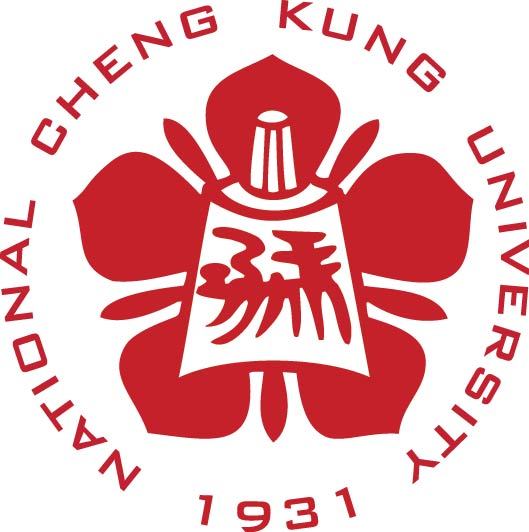
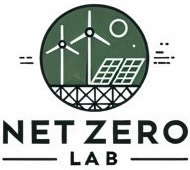
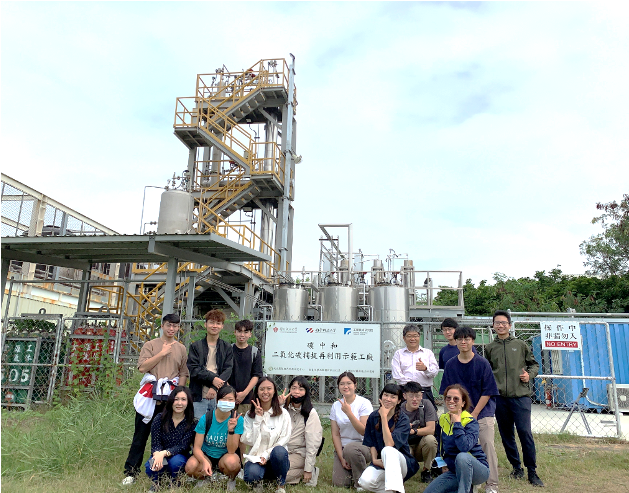
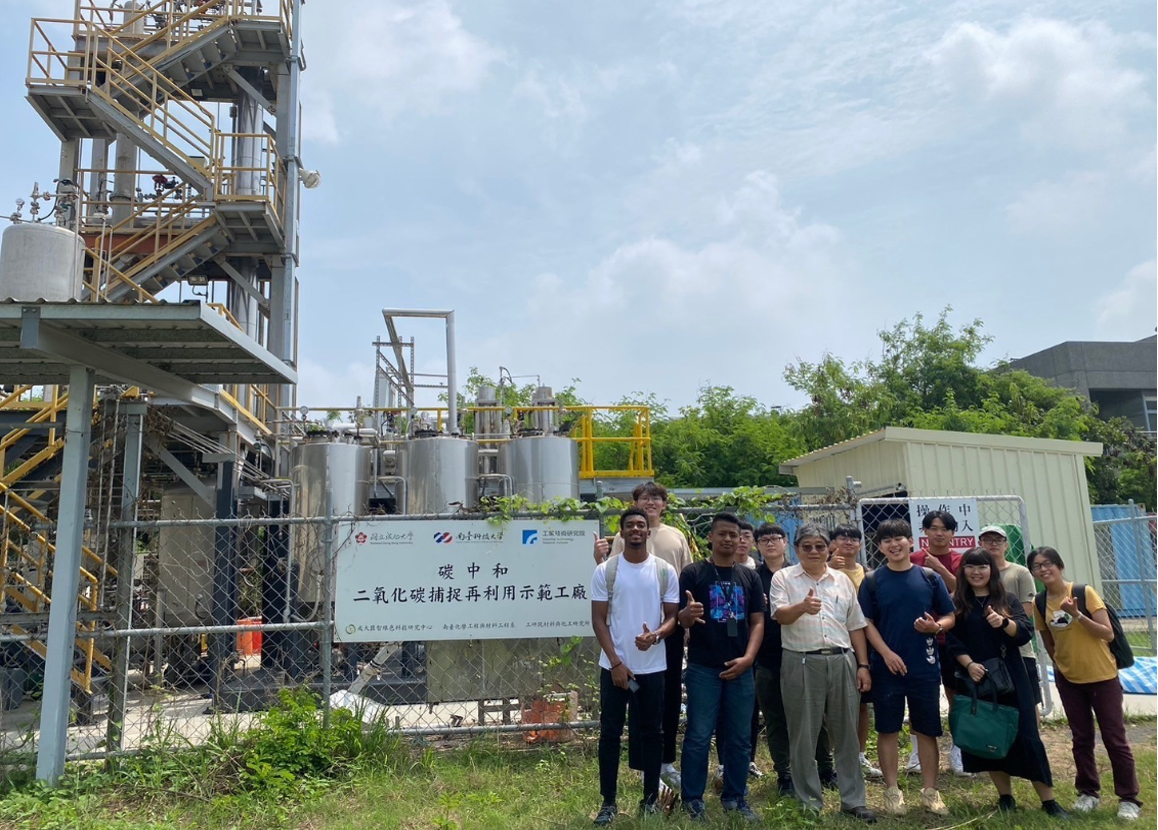
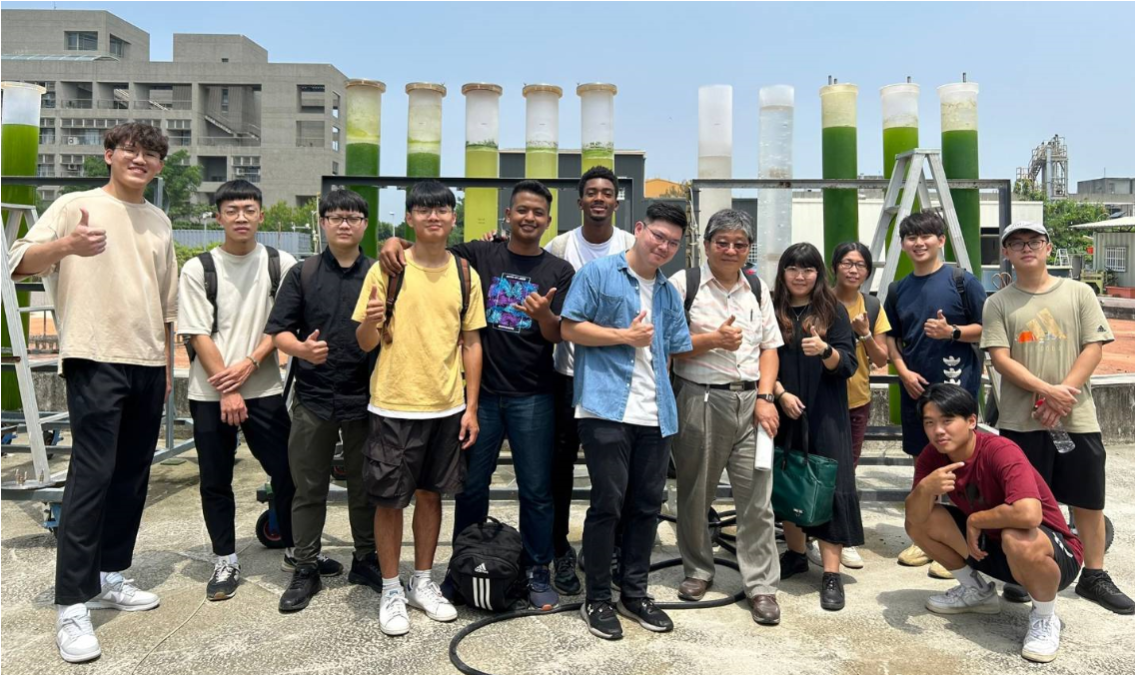
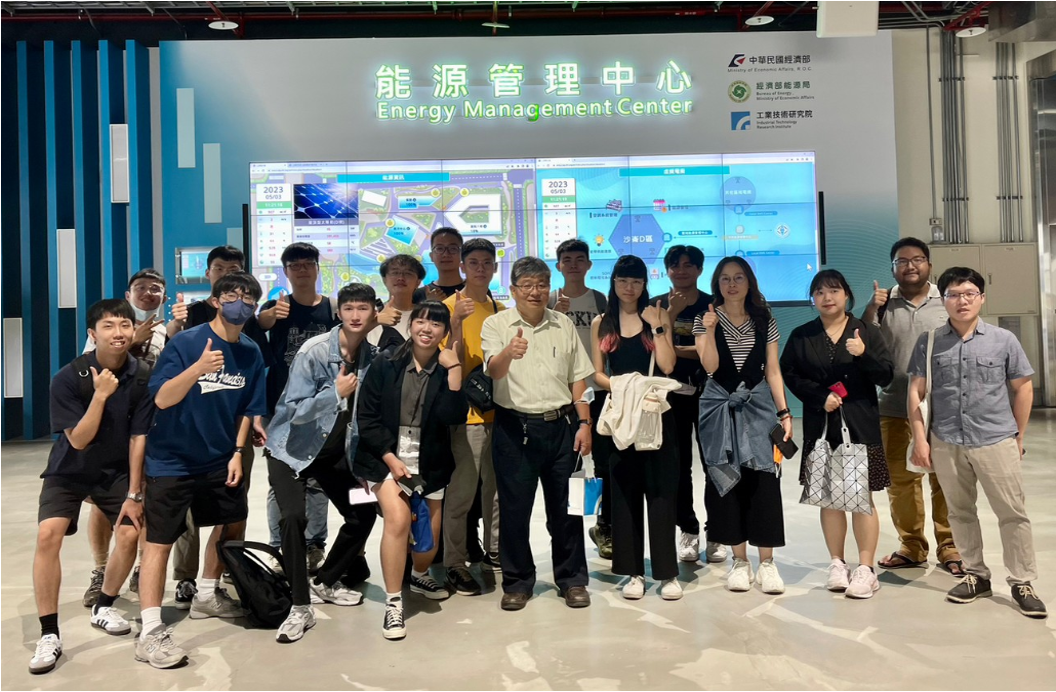
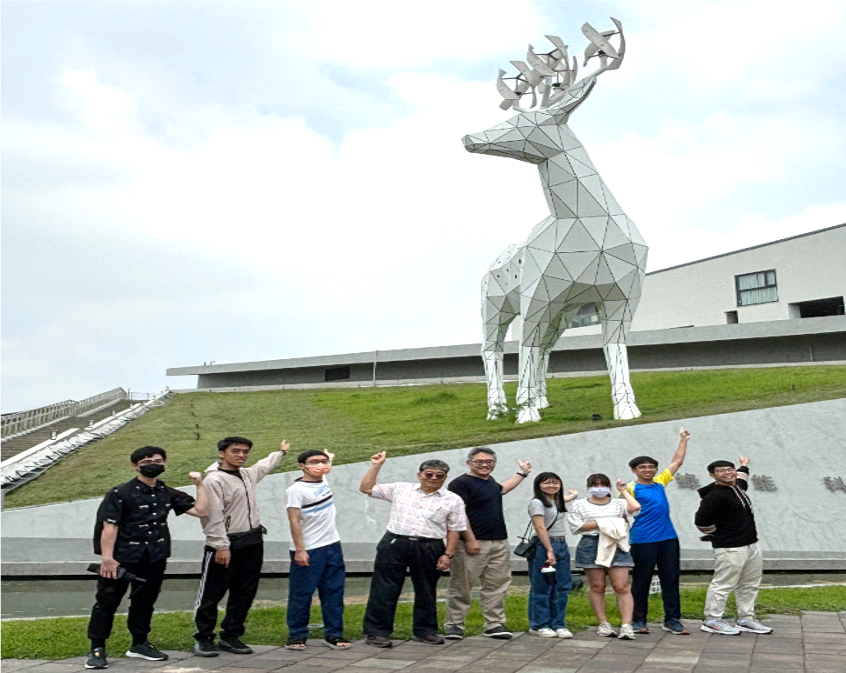
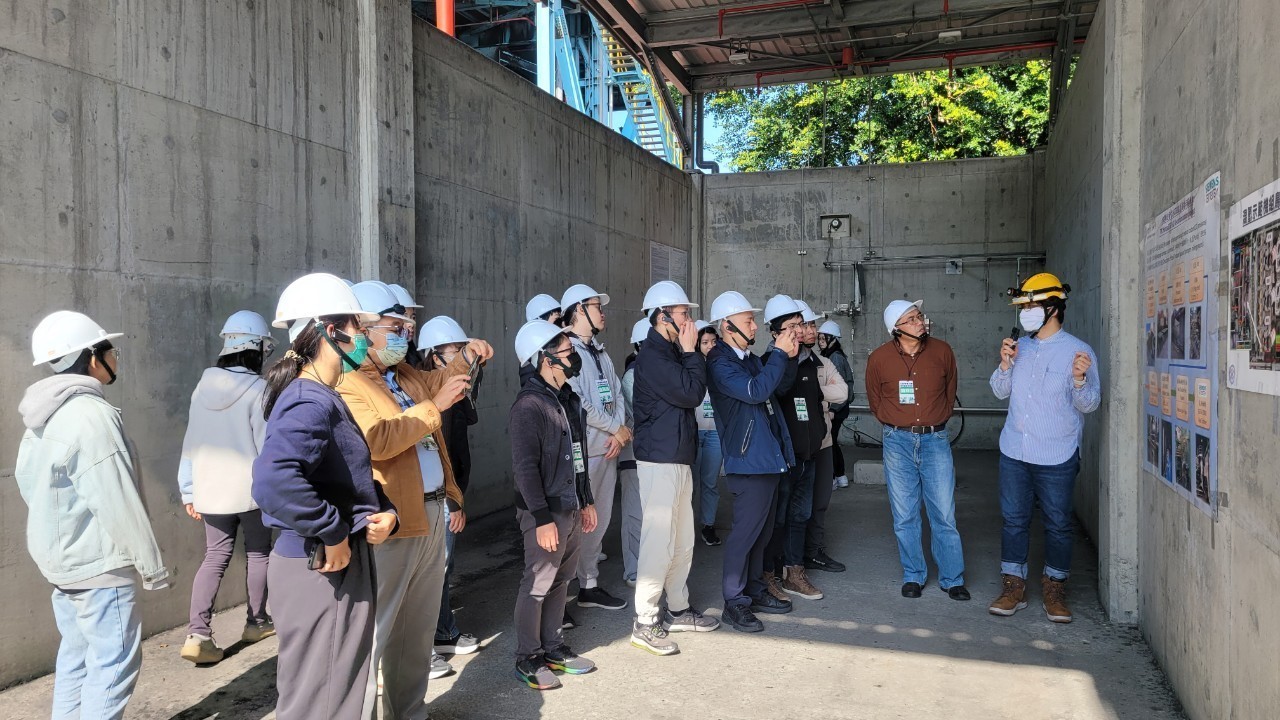
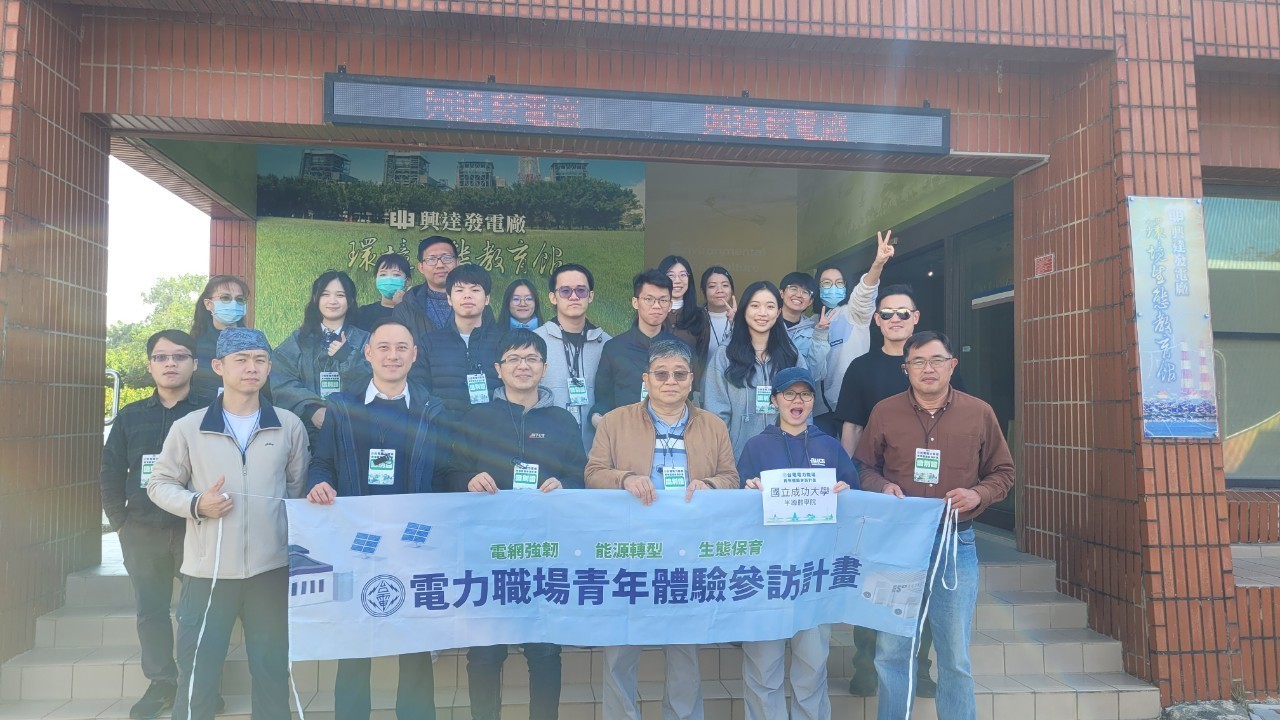
Participating in Taiwan Power Electronics Conference held at National Changhua University of Education in November was a highly rewarding and meaningful experience for our Net Zero Lab. During the conference, we presented six oral presentations and seven poster papers, showcasing the laboratory’s diverse research achievements in power systems, energy management, and sustainability. Through these presentations and academic exchanges, we received valuable feedback that further helped us refine our future research directions.
In addition to presenting our work, the conference sessions were also very inspiring. We learned about the latest technologies related to automation control, power system optimization, and solar fault detection. These insights not only broadened our perspectives but also sparked many new ideas that can be applied to net-zero development and smart energy applications.
Overall, this conference significantly strengthened our team’s research capacity and deepened our understanding of power systems and net-zero transition trends. It was truly a memorable and meaningful experience.
.jpeg)
Visiting the 2025 Taiwan International Smart Energy Week and the Taiwan International Net Zero Sustainability Expo this year gave me a deeper understanding of the latest trends in energy technology and sustainable development. The exhibition covered a wide range of fields, including solar power, wind power, energy storage systems, advanced energy (such as small hydropower), carbon-reduction technologies, and corporate ESG solutions. Together, they showcased a complete ecosystem of energy transition from power generation to end-use applications. Through the innovative products presented by various companies, I could truly feel Taiwan’s strong momentum in promoting net-zero goals and smart energy development.
The first image features an automatic solar panel cleaning system. Since solar panels in outdoor environments often suffer from dust, bird droppings, and other pollutants that reduce power output, this system can perform scheduled automatic cleaning. It not only improves maintenance efficiency but also reduces labor costs, making it ideal for large-scale solar farms or locations where manual cleaning is difficult. The staff on site were explaining the system’s functions, reflecting the industry’s emphasis on automated maintenance.
The second image shows a solar panel fault detection and monitoring system. The display clearly illustrates how sensors, monitoring modules, and data platforms are interconnected, enabling real-time tracking of each solar panel’s operating status. When abnormalities occur—such as current drops or hotspot issues—the system can quickly detect and notify operators, greatly enhancing the management efficiency of solar power plants. The layout and process diagram highlight a solution designed for intelligence, visualization, and remote management.
Overall, this visit allowed me to deeply appreciate how the smart energy industry is moving toward automation, digitalization, and sustainability, while also giving me a clearer picture of the future directions and challenges in energy development.

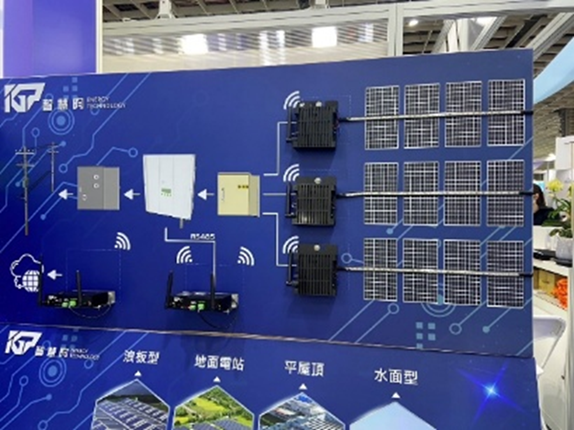
Participating in the “2025 Taiwan Sustainable Energy Innovation Competition” in the Net-Zero Emission category with our project titled “Microgrid of Wind and Solar: A Case Study of Tatan Offshore Wind and Solar Power Farm Using AI for Renewable Energy Forecasting and Net-Zero Emission Simulation” and receiving an Honorable Mention has been a challenging yet rewarding journey. Throughout the research process, we gained a deeper understanding of the necessity and future development trends of microgrid construction. In response to global efforts toward energy transition and net-zero emissions, microgrids not only enhance grid resilience but also improve the local utilization efficiency of renewable energy, reducing reliance on traditional power sources.
To obtain reliable data, we proactively contacted Taipower to collect information on wind and solar power generation, as well as electricity consumption in the Tatan area. We then applied AI models to forecast renewable energy generation and simulate carbon emission reductions. During this process, we learned how to integrate diverse data sources, investigate existing technologies, and bridge theory with real-world applications.
This competition allowed us to better appreciate the importance of sustainable energy and the value of cross-disciplinary collaboration. The experience not only strengthened our teamwork but also encouraged us to continue dedicating our efforts to energy technologies and net-zero research, contributing to a more sustainable future.
.jpeg)
The Net Zero Tech Competition organized a two-day visit featuring tours of technology industries, energy innovation centers, and cultural sites, offering the team a comprehensive understanding of Taiwan’s efforts in sustainable development.
On the first day, the group visited Lite-On Technology, where we learned about the company’s achievements in smart lighting, green data centers, and low-carbon product design. Sustainability is a core objective for the company, which actively pursues carbon reduction commitments. Next, we visited Hong De Energy, where we observed applications of solar power and energy storage systems and gained insights into energy conversion efficiency and safety testing through their real-time monitoring platform. At noon, an international exchange luncheon was held to strengthen mutual understanding and explore cooperation opportunities. In the afternoon, we visited Dharma Drum Mountain Nung Chan Monastery, experiencing its integration of religious culture and ecological sustainability, which extended the visit beyond technical learning to spiritual enrichment. By evening, the team arrived at the hotel and enjoyed a leisurely tour of Tamsui Old Street and Fisherman’s Wharf, appreciating the scenery and sampling local delicacies while immersing themselves in Taiwan’s cultural atmosphere.
On the second day, the group visited the Chi Po-lin Space, where aerial imagery vividly illustrated the impact of environmental changes. The exhibition inspired deep reflection on the importance of land preservation. Afterwards, we had lunch at a local fishing port restaurant, savoring the distinctive flavors of coastal village cuisine. In the afternoon, we explored Yehliu Geopark, observing unique rock formations and natural landscapes, with guided explanations emphasizing the significance of geological conservation. The visit concluded as we returned to Taipei in the evening.
Overall, this itinerary successfully combined technological learning, cultural experiences, and international exchange. From Lite-On and Hong De Energy’s demonstrations of green technologies to the spiritual insights at Dharma Drum Mountain, the environmental education at the Chi Po-lin Space, and the natural wonders of Yehliu, the team gained invaluable knowledge and inspiration. This journey not only enhanced international understanding but also showcased Taiwan’s multifaceted efforts to advance sustainable development, leaving a lasting and meaningful impression.
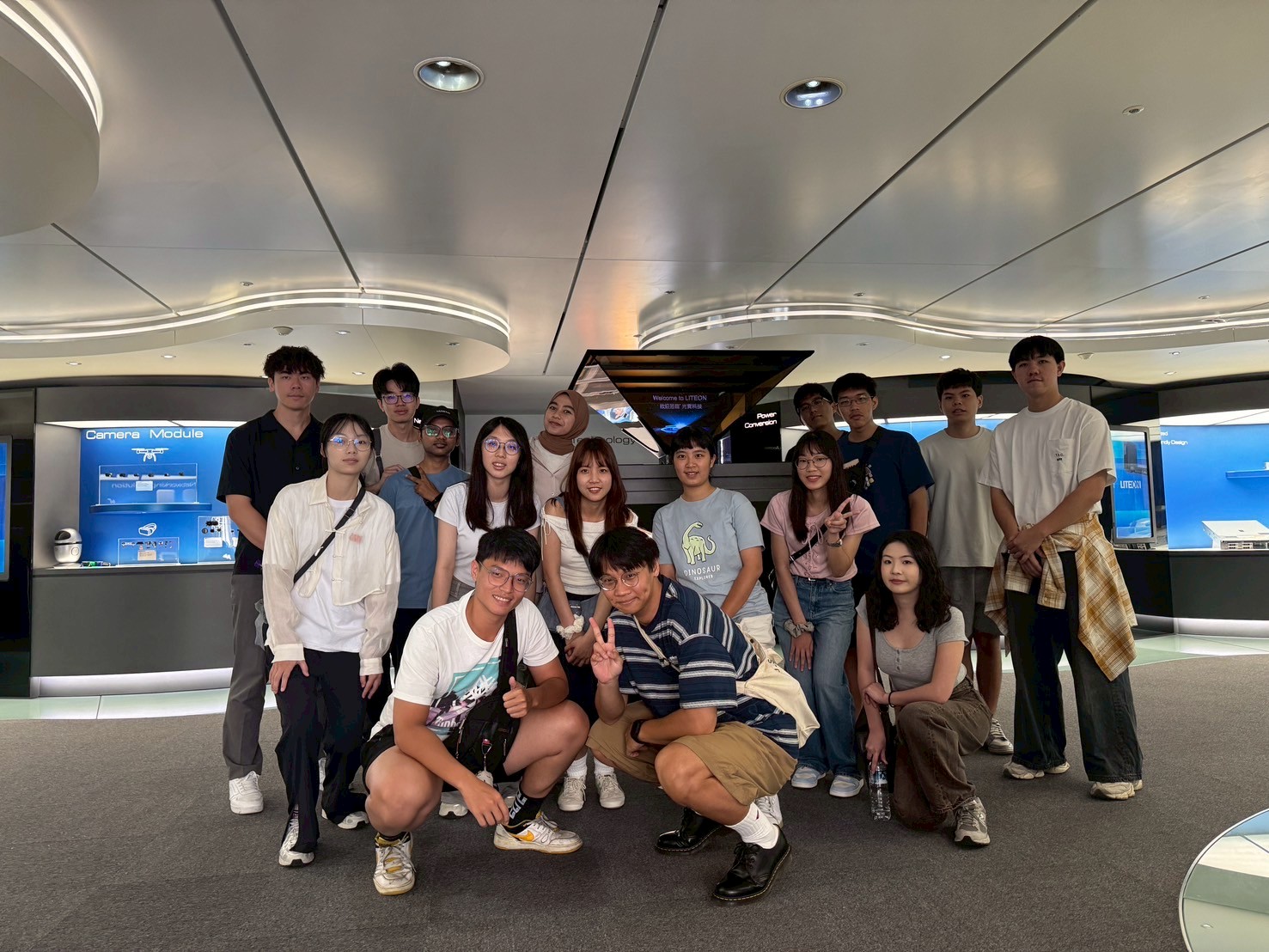
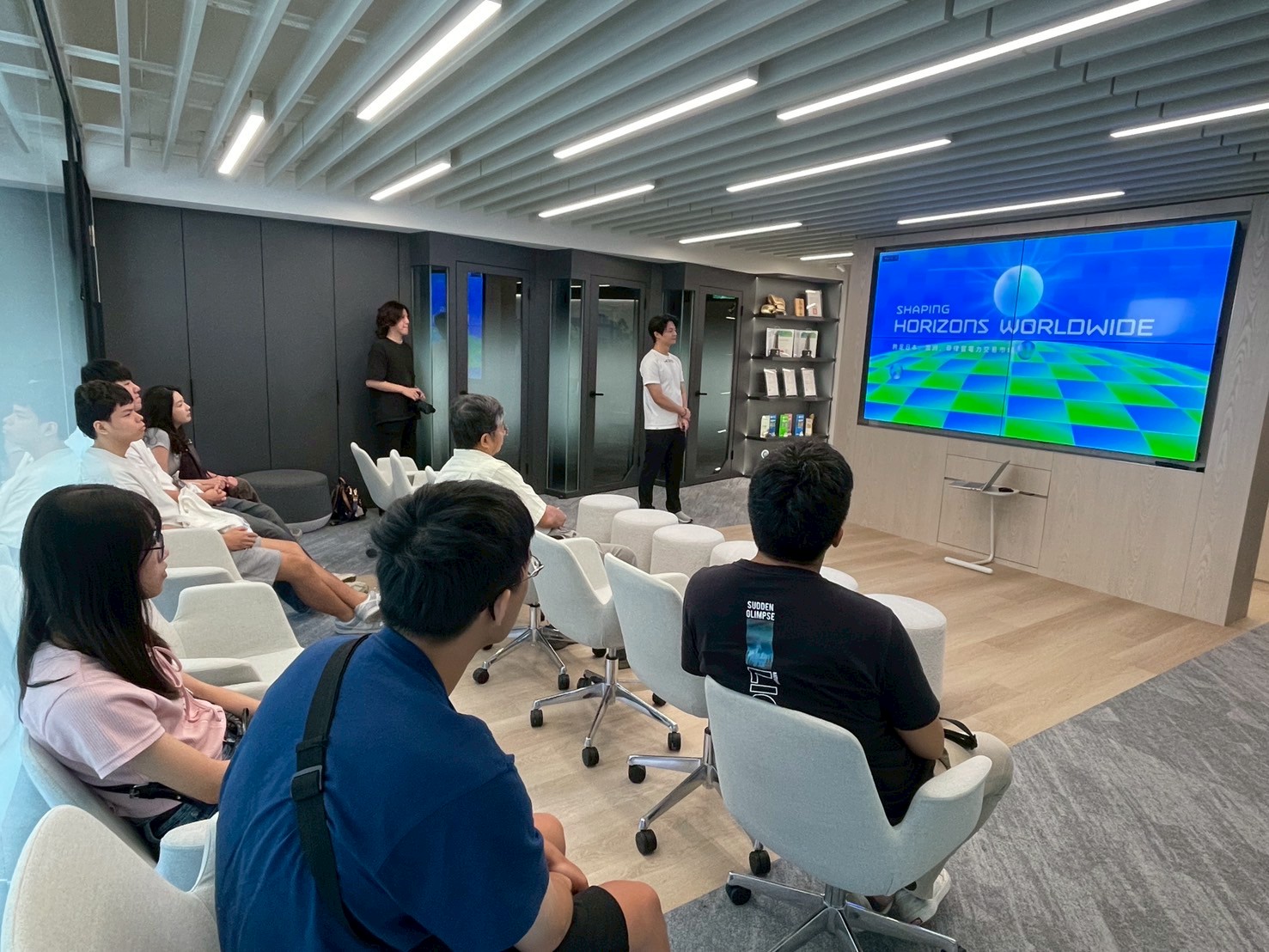
_250823_2.jpg)
_250823_3.jpg)
_250823_3.jpg)
_250823_5.jpg)
I participated in the 2025 InternationalConference on Hydrogen Energy and Fuel Cells, which covered a wide range ofcutting-edge research related to hydrogen energy and fuel cell materials,particularly focusing on the application and performance of catalysts and metaloxides. In addition to material-focused studies, the conference also featuredinnovative research from other fields, such as offshore wind-powered hydrogenproduction technologies, case studies on integrating renewable energy intourban energy systems, the use of YOLOv7 for traffic sign recognition, andenergy consumption analysis of hydrogen fuel cell vehicles. These presentationshighlighted the broad applicability and development potential of hydrogenenergy across diverse sectors.
Following our lab’s presentation, wereceived valuable feedback and questions. One of the key concerns was: “Giventhat hydrogen transportation is currently restricted under Taiwan’sregulations, is it possible to convert hydrogen into another form for easiertransportation?” This raises the need for further research into hydrogenstorage and conversion technologies to overcome regulatory limitations. Anotherissue raised was the seasonal and intermittent nature of renewable energy,which may affect the stability of the hydrogen supply chain—highlighting thechallenges of energy planning in practical implementation. Additionally, therewas interest in whether any existing facilities in the Changbin Industrial Zonecould utilize by-product hydrogen to help establish a localized hydrogen energyhub, offering real-world applicability to our regional development concept.
Based on this experience, our future research coulddevelop in two main directions: First, from a practical perspective, we couldassess site selection and implementation conditions for by-product hydrogenutilization plants. Second, from a technical standpoint, we could explore thefeasibility of hydrogen production from seawater, aiming to enhance thesustainability and diversity of hydrogen sources. This conference provided mewith a deeper understanding of the current state and future potential of hydrogenenergy technologies, and it also inspired more integrated and interdisciplinarythinking.

From June 16 to 19, 2025, student from our laboratory participated in the IEEE Industry Applications Society (IAS) International Conference held at the Hilton Hotel in Banqiao District, New Taipei City. Most of the attendees were Ph.D. students, and the event featured vibrant discussions covering topics such as smart manufacturing, power applications, and energy management.
During the conference, our laboratory delivered an oral presentation titled “Optimization of Hybrid Renewable Power Forecasting Model for Microgrid Applications”, which was part of the Special Sessions: State-of-the-Art Renewable Power Forecasting Techniques (AcSS4). The presentation introduced our research on a hybrid forecasting framework that combines CNN, BiLSTM, and attention mechanisms for solar power prediction, as well as LSSVM and BSO for wind power prediction, aiming to enhance forecasting accuracy. The talk was well received and led to in-depth discussions with several scholars regarding model design and practical applications.
In addition, we also presented a poster titled “Research on Thermal Runaway Alarm Framework for Lithium-ion Batteries of Electric Vehicles”, which proposed an intelligent early warning system for thermal runaway in lithium batteries. The framework integrates data from multiple sensors with machine learning algorithms to enable real-time diagnostics. The poster attracted many international attendees who asked questions and engaged in active discussions.
During the conference, we also had the opportunity to connect with Ph.D. students from Canada and the Philippines, exchanging research ideas and academic experiences, which fostered meaningful international interactions and understanding.
Overall, this conference provided us not only with a valuable opportunity to present our research externally but also broadened our international perspective through academic exchange. It was an enriching and unforgettable experience that significantly strengthened our skills in English presentations and academic communication.
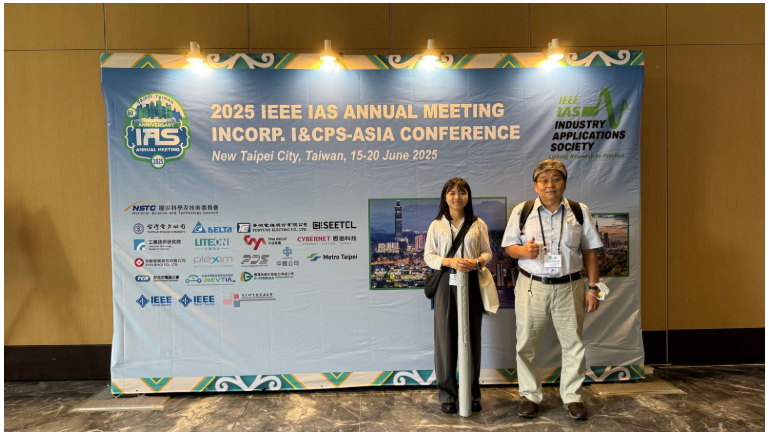
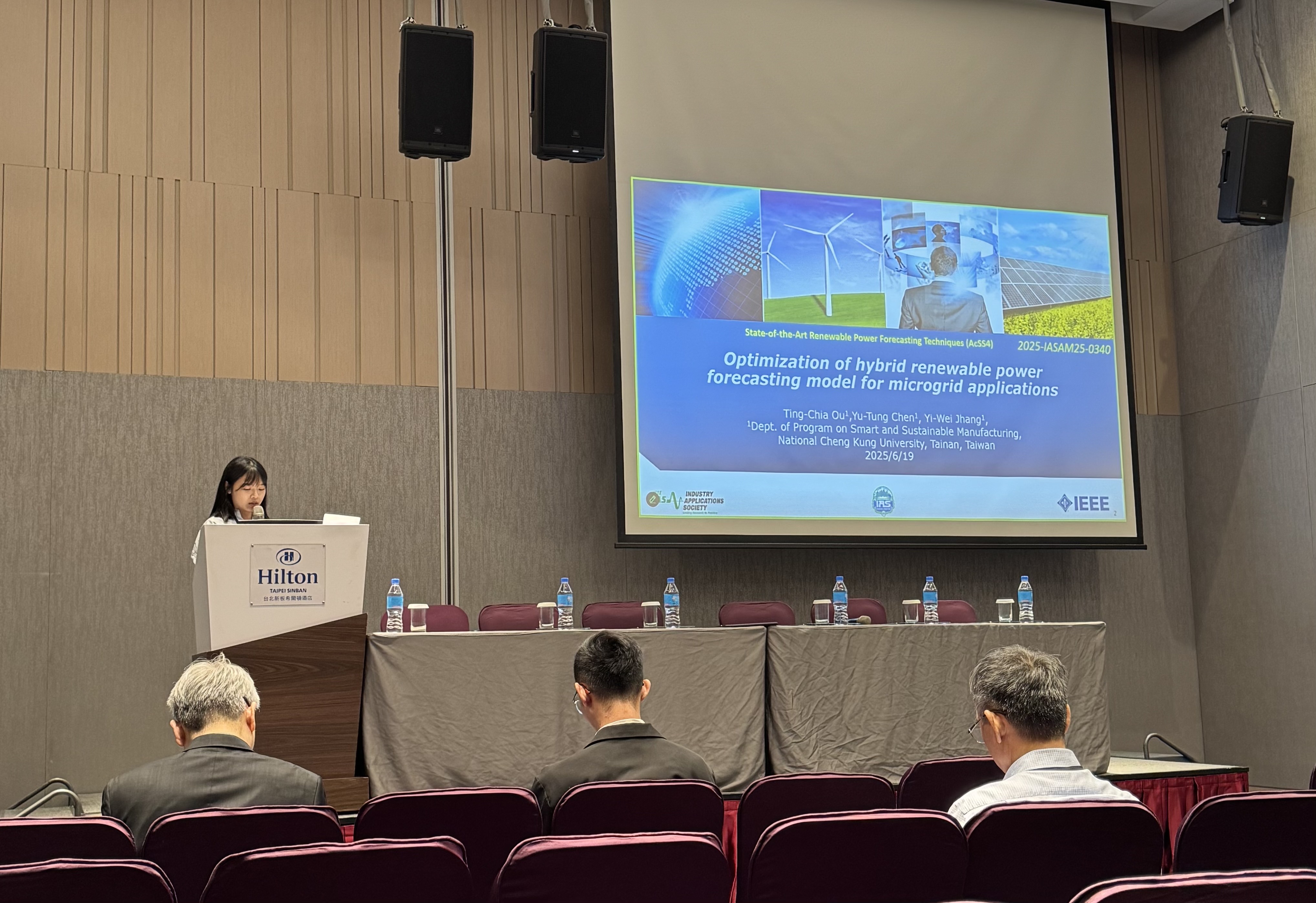
Our laboratory actively participated in the 2024 21st Taiwan Power Electronics Conference and the 45th ROC Conference on Electrical Power Engineering. These significant annual events bring together experts from academia, industry, and government to share insights on the latest trends in power electronics and green energy technologies.
During the conference, we presented our paper titled "Advantages and Challenges of Integrating Wind and Wave Power Generation, which explores the potential and technical barriers of hybrid renewable energy systems. The study focuses on the complementary characteristics of wind and wave energy, their impact on power stability, and the synergies in system design. Our findings sparked enthusiastic discussions among attendees and garnered significant attention.
In addition to technical presentations and paper sessions, our team engaged in extensive networking and gained valuable insights into Taiwan's ongoing energy transition, sustainable development strategies, and advancements in smart grid technologies. The conference provided a fruitful experience that will further enhance our future research and collaborations between academia and industry.
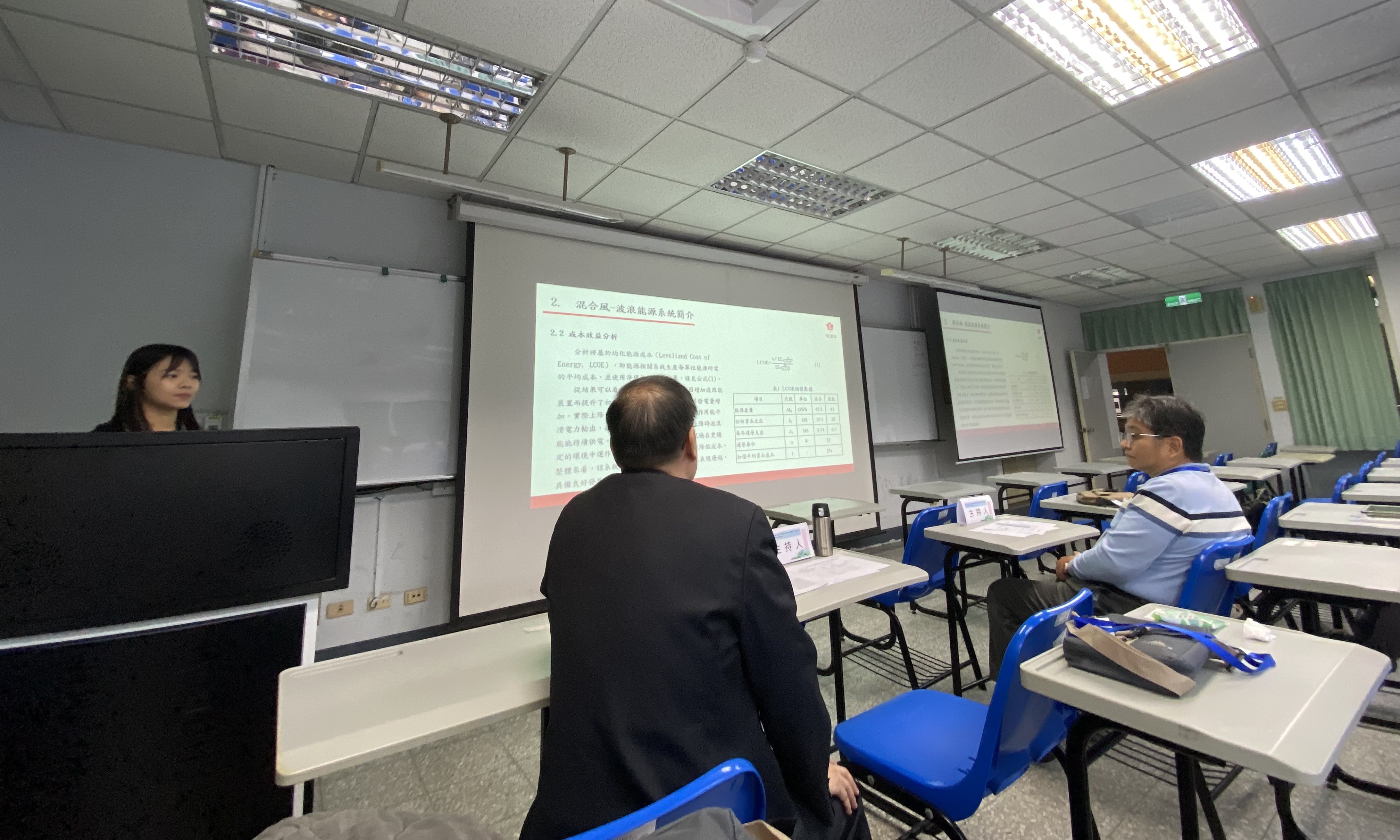
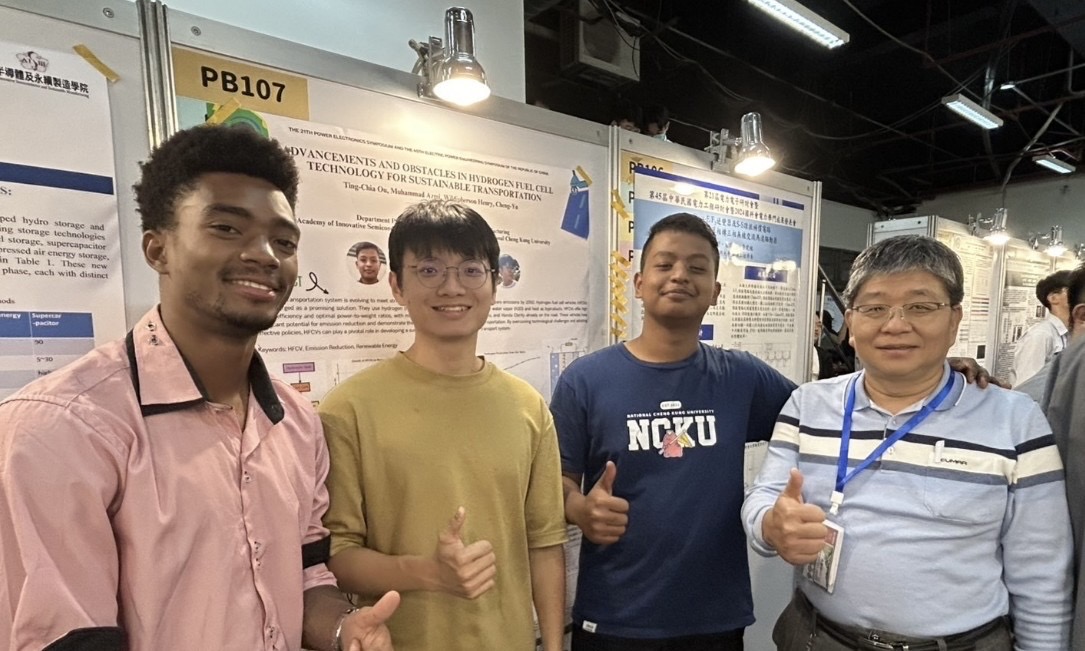
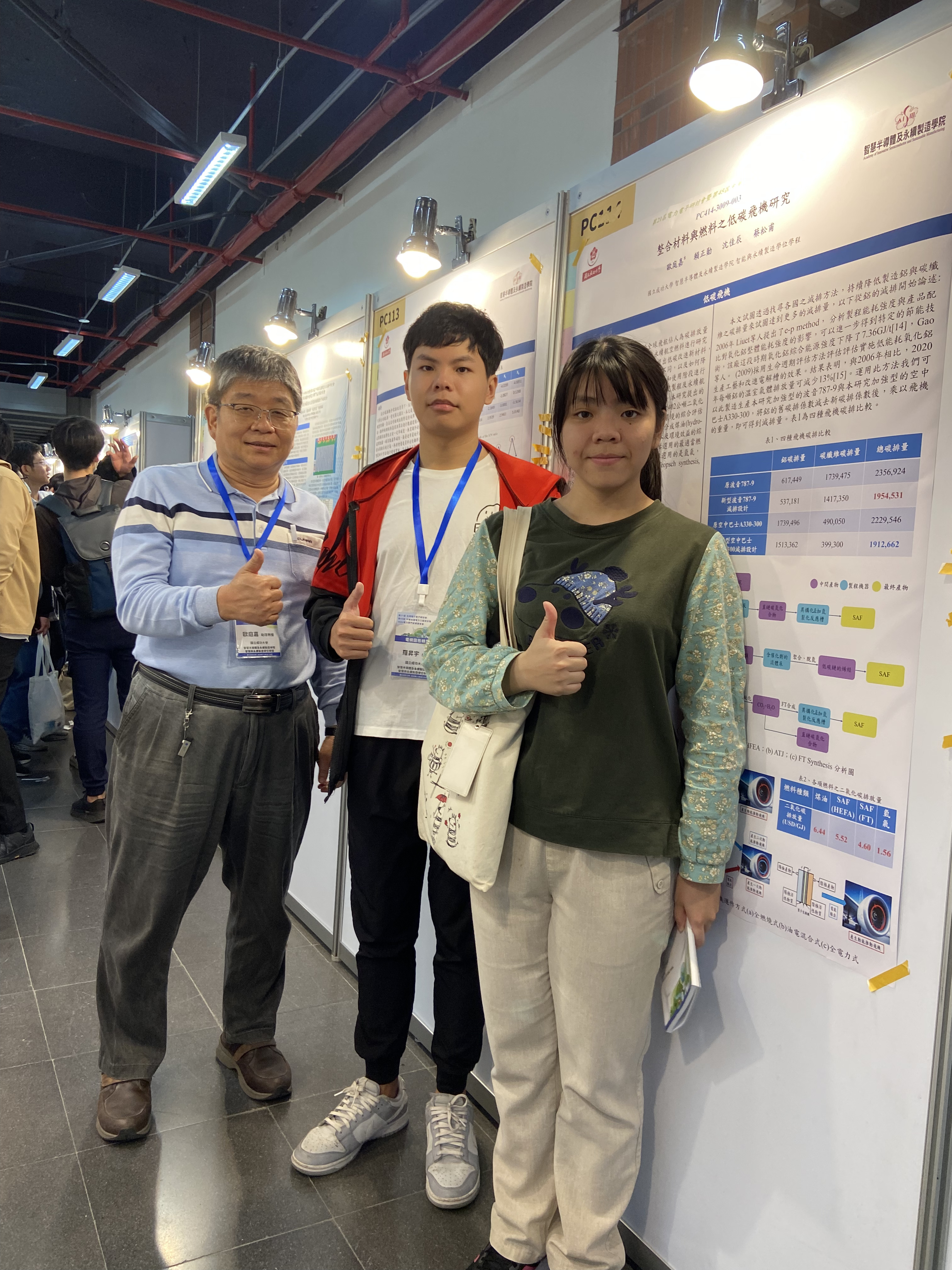
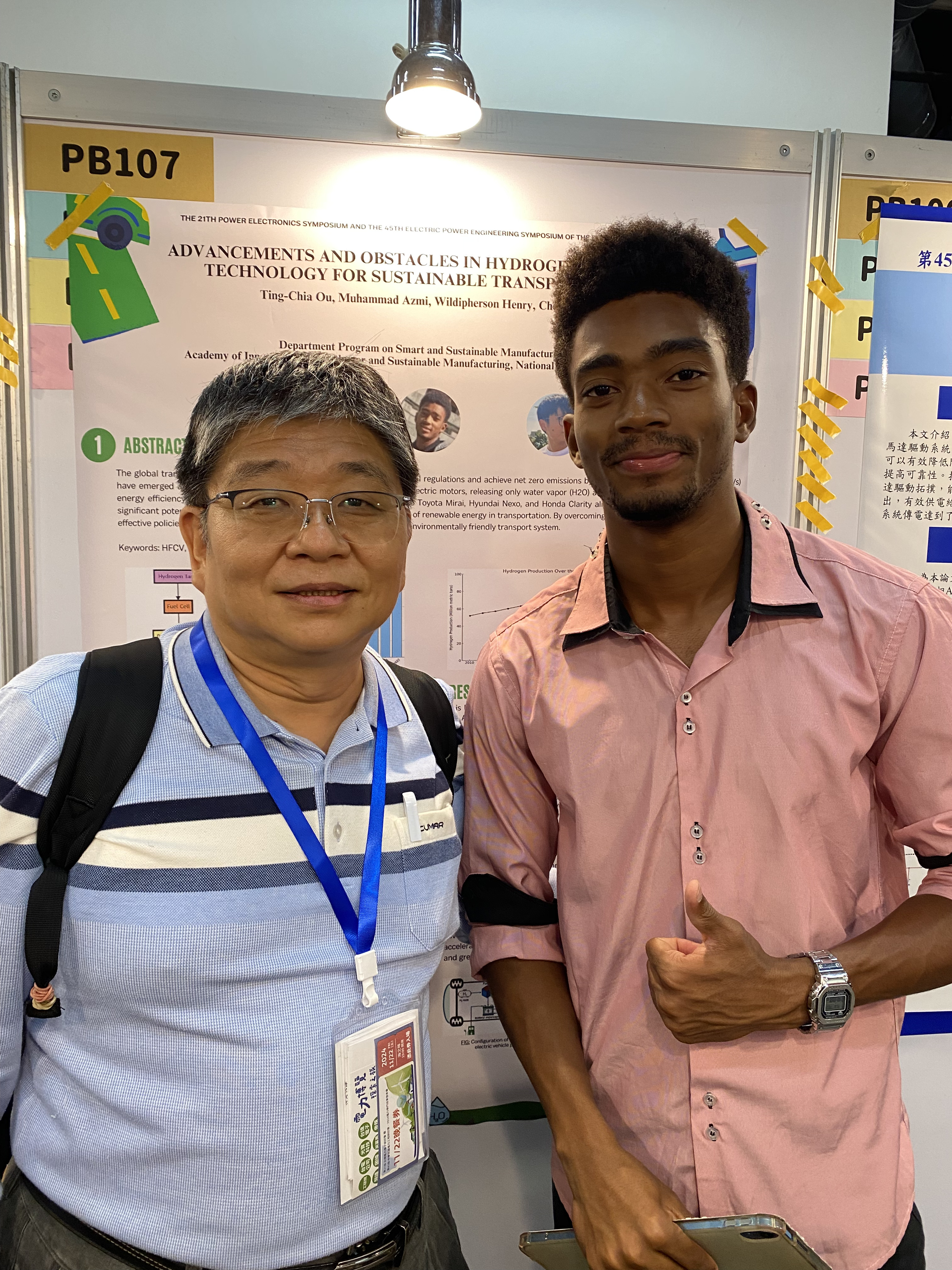
In March 2025, a graduate student from our laboratory participated in the "JENESYS 2024 Energy Delegation to Japan," sponsored by the Ministry of Foreign Affairs of Japan and co-organized by the Chung-Hua Institution for Economic Research and the Japan–Taiwan Exchange Association. Centered on the development of renewable energy and hydrogen energy, the program provided in-depth insights into Japan's energy transition policies and technological practices, offering significant inspiration and complementary perspectives for the laboratory's ongoing research in solar and wind energy forecasting, energy storage optimization, building-integrated photovoltaic (BIPV) system design, and microgrid control strategies.
The delegation focused on the renewable energy transformation achievements in Fukushima Prefecture, including visits to the Fukushima Renewable Energy Institute (FREA) and the Fukushima Hydrogen Energy Research Field (FH2R). FREA features a comprehensive testing platform for solar modules, wind turbines, and energy storage systems, showcasing a complete process from experimental validation to technology demonstration. These capabilities offer valuable reference points for the laboratory’s efforts in renewable energy system modeling and deployment. FH2R, on the other hand, presents an integrated system for hydrogen production via water electrolysis powered by renewable energy, along with hydrogen storage and utilization technologies. This facility is highly relevant to the laboratory’s research on multi-energy complementary control and the integration of hydrogen energy into microgrids.The University of Tokyo also introduced the latest advancements in perovskite solar cell technology, which further broadened the laboratory’s research horizon in the application of high-efficiency photovoltaic materials and performance optimization of building-integrated solar systems. In addition, site visits to Japanese energy enterprises such as JERA, the New Energy and Industrial Technology Development Organization (NEDO), and the Japan Organization for Metals and Energy Security (JOGMEC) provided critical insights into the forward-looking technological roadmaps, application scenarios, and system integration frameworks of the energy industry.Beyond technical investigations, the itinerary also covered topics related to environmental resilience and circular utilization, including a visit to the Meguro Incineration Plant. The plant’s waste heat recovery power generation and pollution control technologies offered valuable inspiration for the laboratory’s research on urban energy recovery mechanisms and thermal energy reuse strategies.
Through this delegation, the participating student not only gained a comprehensive understanding of Japan’s cutting-edge developments and demonstration sites in renewable and hydrogen energy applications, but also brought back practical insights to enrich the laboratory’s core research work. The visit significantly enhanced the laboratory’s comprehension of pathways toward net-zero emissions, distributed energy systems, and sustainable urban development. Moreover, it highlighted the potential for deepening collaboration with international academic and technological institutions, reflecting the laboratory’s commitment to integrating theoretical research with practical applications and cultivating a global research perspective.

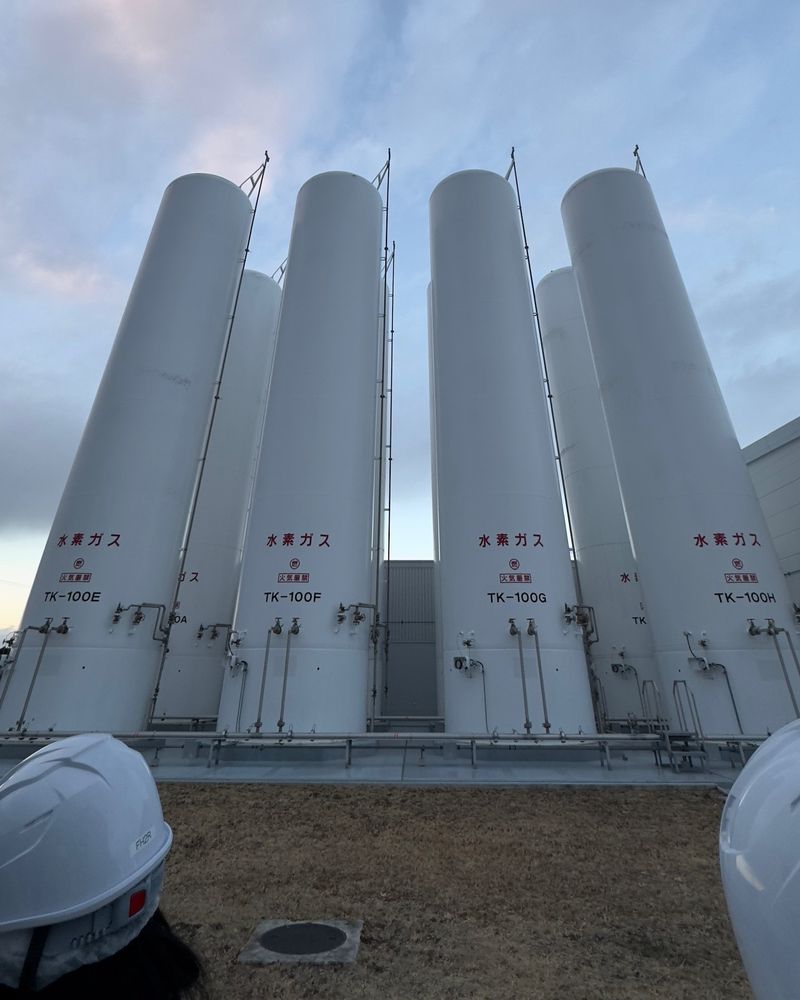
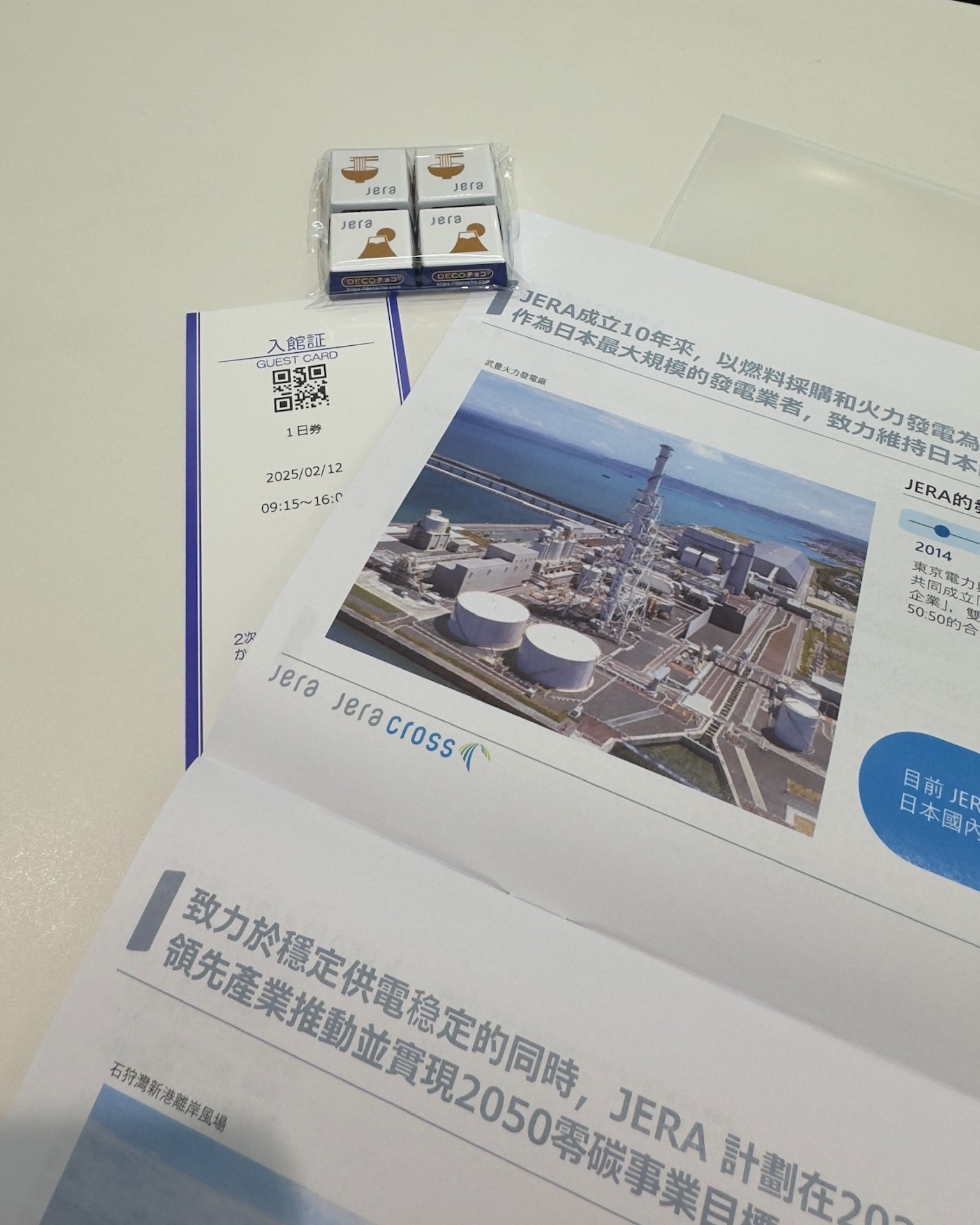
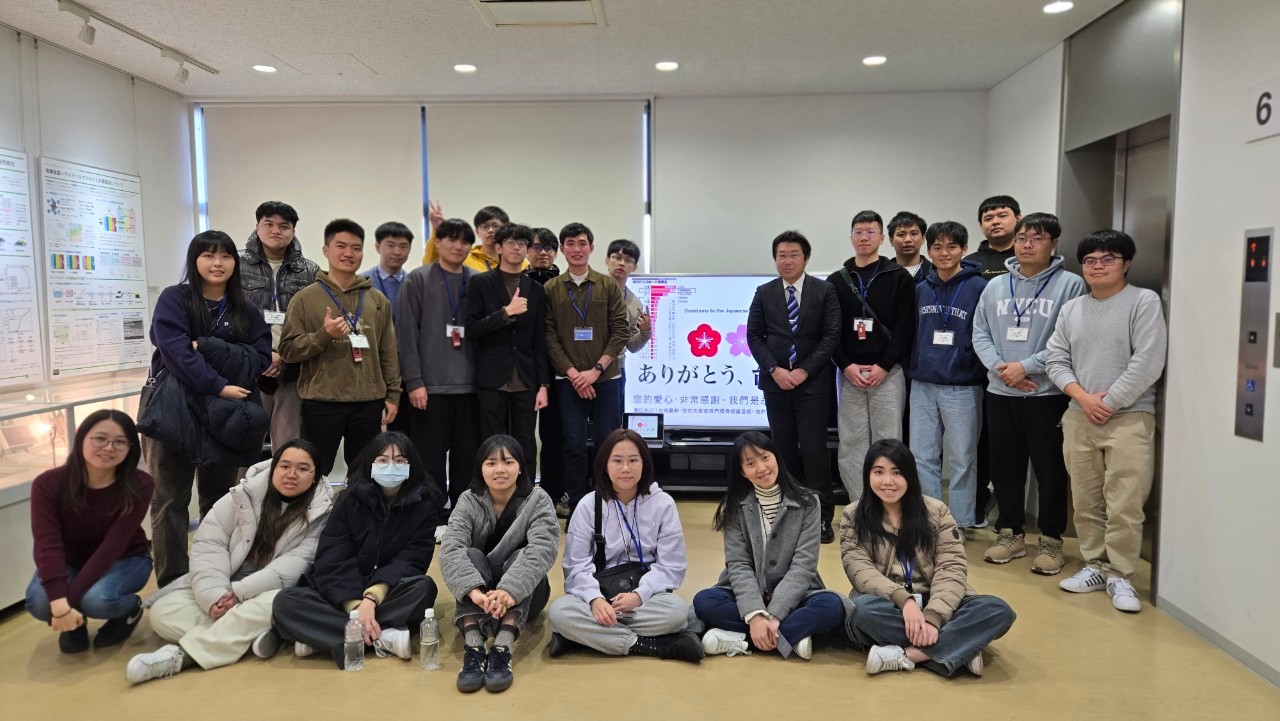
On April 18, 2025, a graduate student from our laboratory participated in the "AI Green Energy Blueprint x Net-Zero Future" Energy Storage Symposium organized by TrendForce. The event focused on the application of intelligent energy technologies in corporate sustainability and net-zero carbon strategies. Key topics included AI-driven energy management, green power certificate systems, and smart energy storage solutions, offering valuable insights for our lab’s research in microgrid and renewable energy system integration.
The symposium brought together experts from industry, government, and academia to explore practical applications and current policy developments in smart energy. Highlights included discussions on behind-the-meter and end-user energy storage, grid flexibility enhancement, and AI-driven energy optimization strategies. Of particular note were presentations on Advantech’s intelligent energy platform and the integrated storage system technologies developed by Yungyu Intelligent, which provided practical reference for our work in load control and distributed energy resource (DER) management in microgrids.
Additionally, in-depth analysis of Taiwan’s renewable energy certificate (T-REC) system and its quantitative role in corporate ESG evaluations further enriched our understanding of green power trading and carbon credit conversion processes.
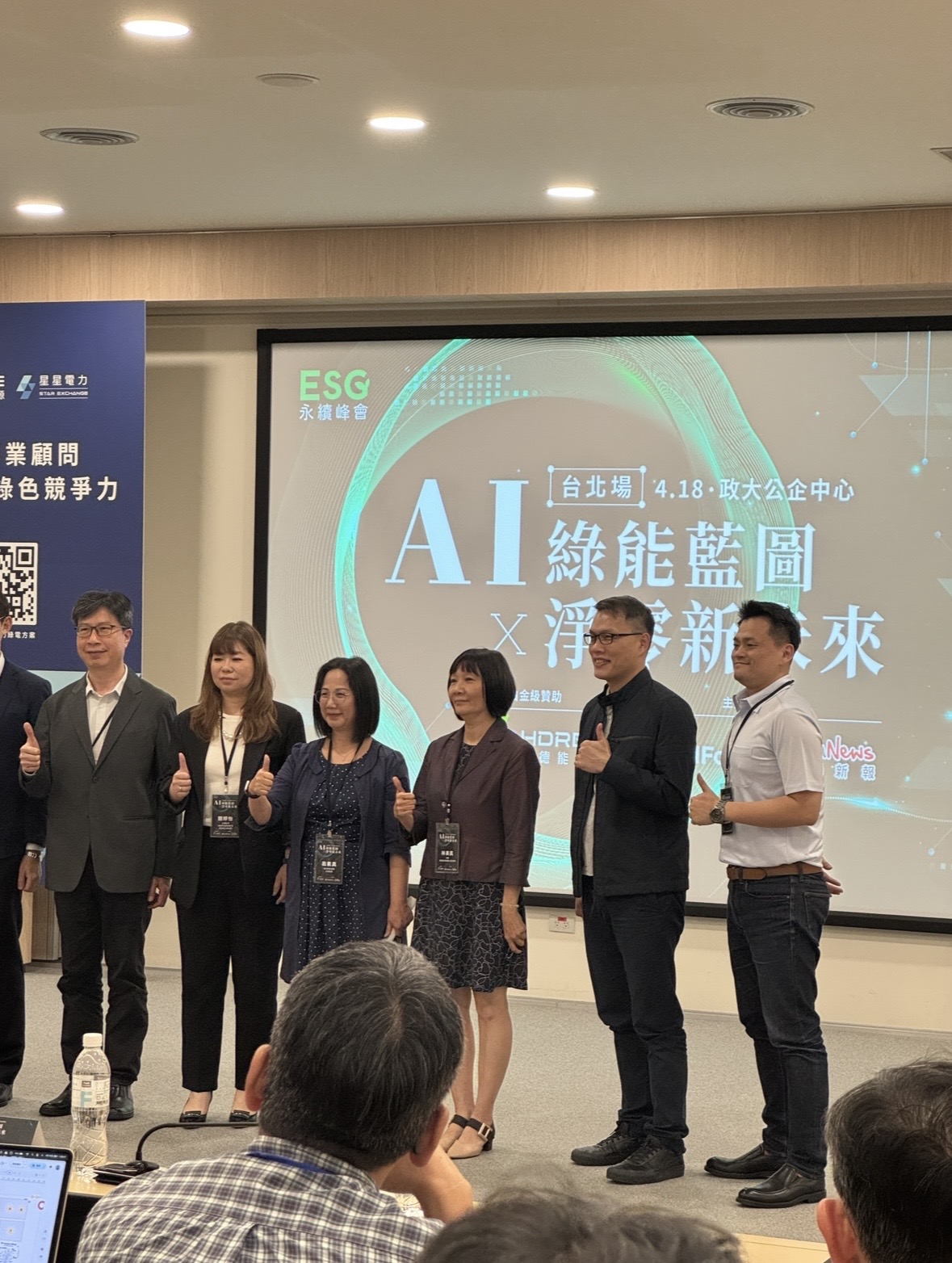
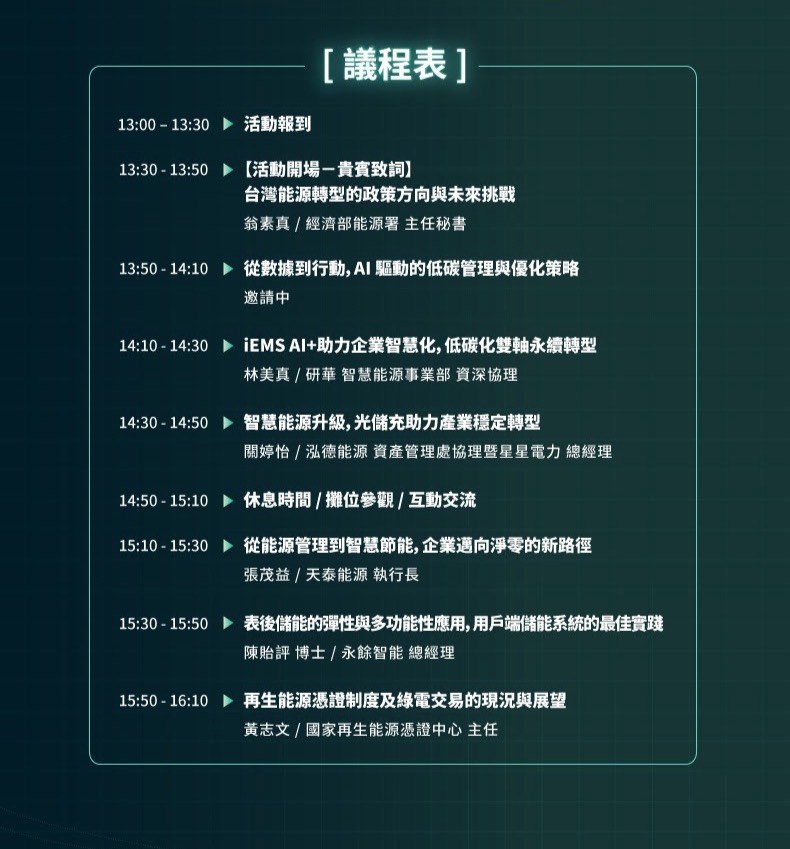


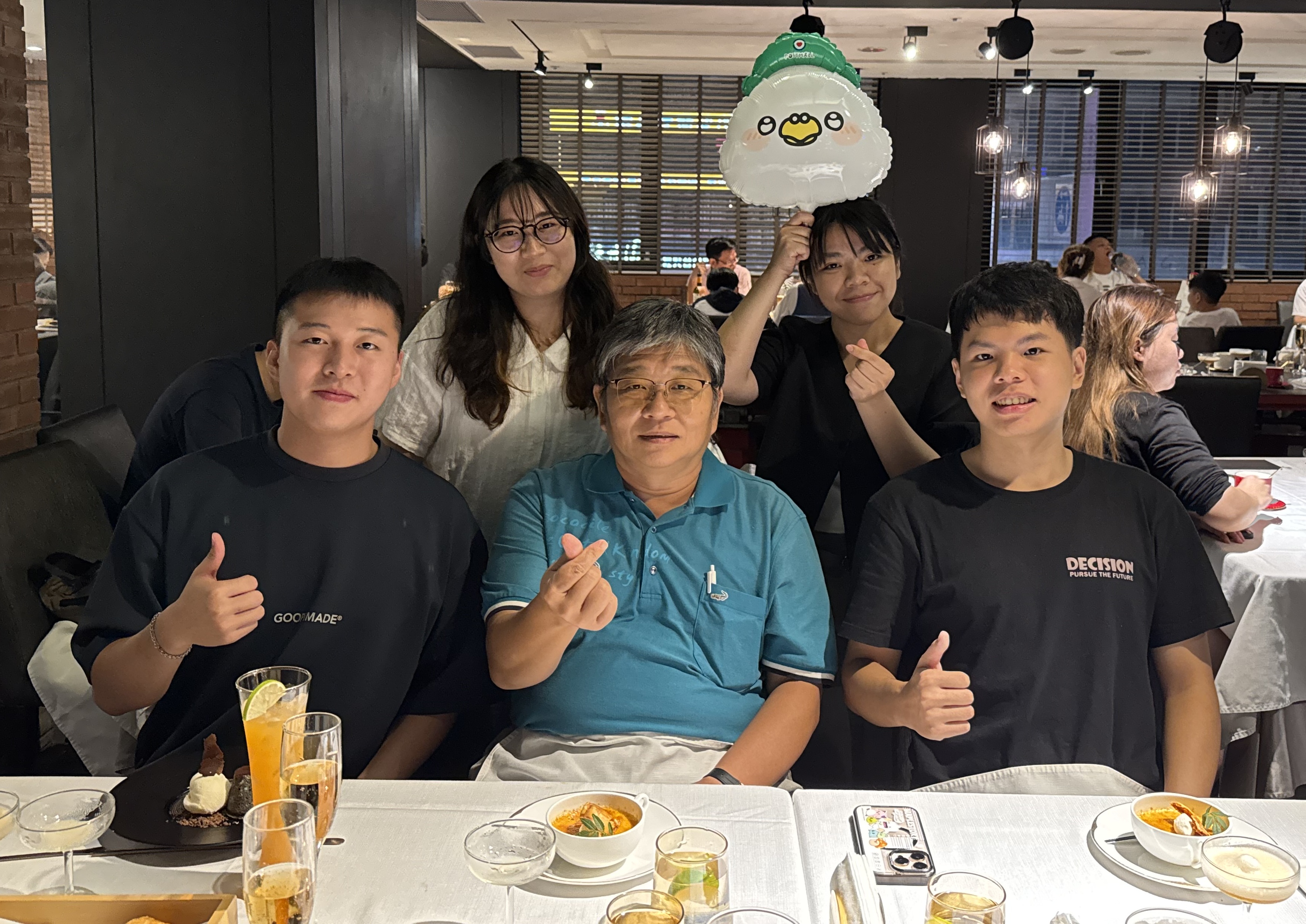
Year 2023 : Su-Er Chen | Hao-Hsuan Huang | Gui-Yan Wu
Year 2024 : Su-Er Chen | Pei-Yu Yang | Gui-Yan Wu | Hsin-Yi Huang | Yu-Tung Chen | Sheng-Yu Luo | Yi-Wei Jhang | Yu-Chi Chang | Li-Tzu Yu | Sheng-Wen Zheng | Xuan-Fang Wei
Year 2025 : Ting-Fei Gu | Li-Ci Zhang | Guo-Feng Zeng | Cai-Sheng Lin
(701401) No. 1, University Road, East District, Tainan
11th Floor, Department of Electrical Engineering, Ziqiang Campus
92A02
Office: 06-2757575 ext. 62683 #292
Laboratory: 06-2757575 ext. 35013
Teacher: 0920-829-176